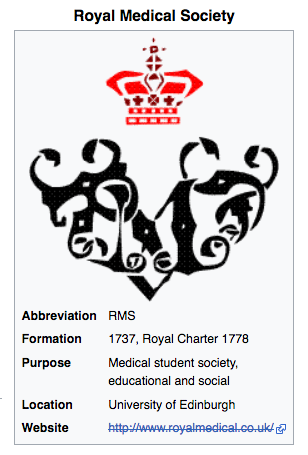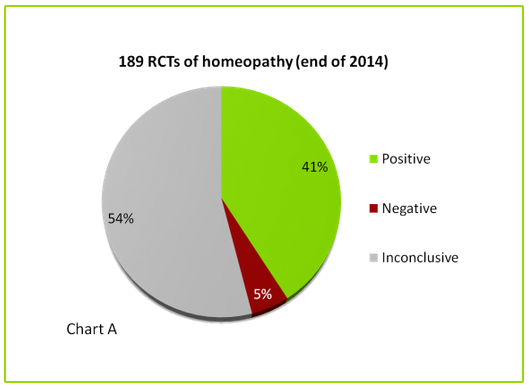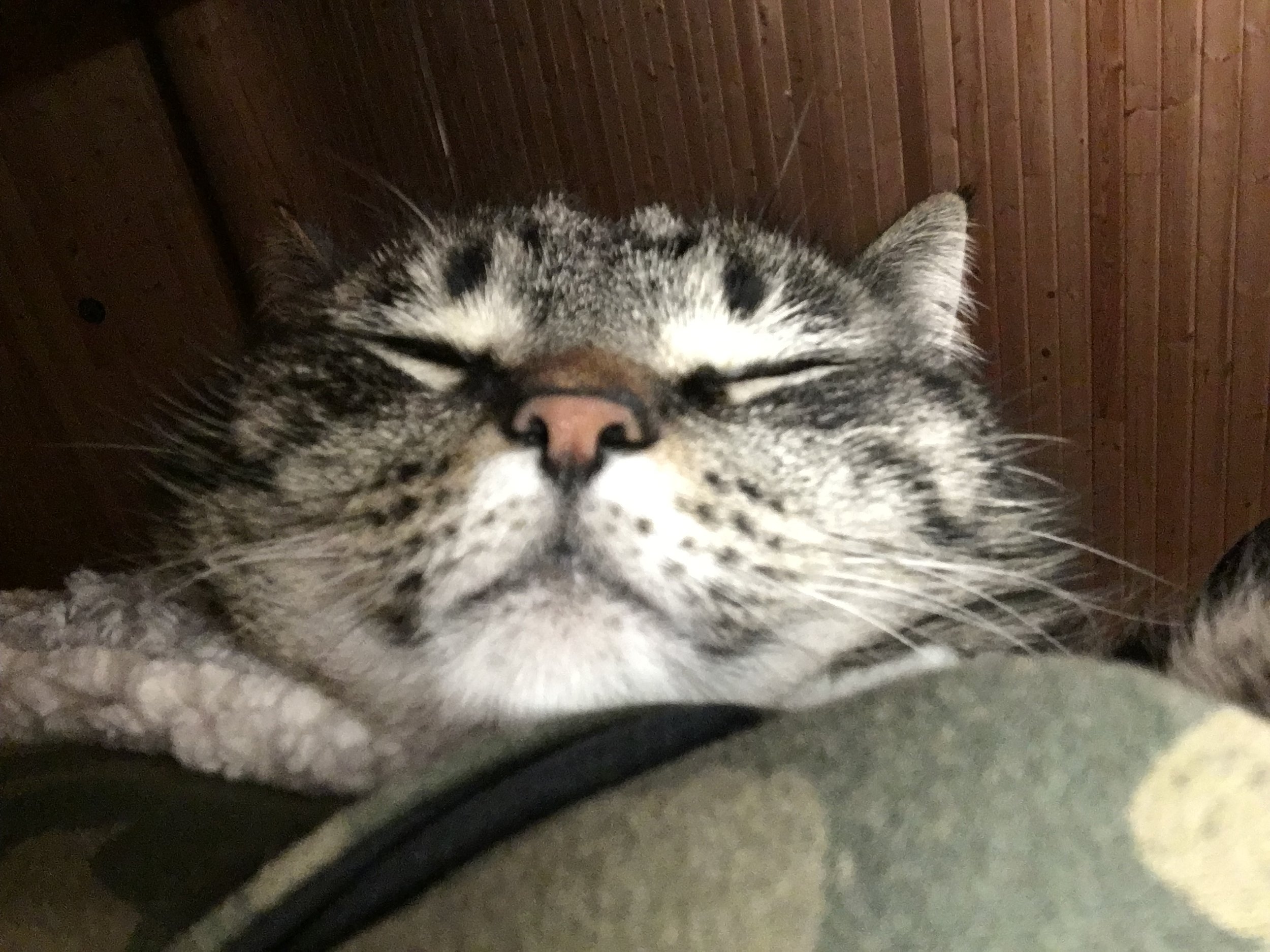homeopathy works for healing naturally
Read MoreMyths vs. Mythology;
/“Homeopathy is not science”
http://snip.ly/lz322
There are critics who claim that homeopathy is ‘pseudoscience’ and only non-scientists are interested in the subject.
In fact, scientists in highly respected universities, research institutions and hospitals around the world are carrying out research into homeopathy using the same research techniques as those used to investigate conventional medical treatments.
Homeopathy research is a relatively new field, but the number of articles published in peer reviewed journals has risen significantly over the past 40 years.
This lag behind conventional medicine is hardly surprising when one considers the lack of funding available e.g. in the UK less than 0.0085% of the medical research budget is spent on research into complementary and alternative medicines.1
International Research Conferences
Barcelona 2013 – Cutting Edge Research in Homeopathy
The inaugural HRI International Homeopathy Research Conference was held in Barcelona in June 2013. The programmed included presentations by 5 Professors and 40 doctors (PhDs or medics) from over 20 countries, covering clinical, experimental and veterinary research. Abstracts, filmed presentations and the conference report can be viewed here.
Rome 2015 – Cutting Edge Research in Homeopathy
The 2nd HRI International Research Conference, held in Rome on 5-7 June 2015, continued the ongoing theme of Cutting Edge Research. The programme included presentations on clinical, fundamental and basic research, by 6 Professors and 28 doctors (PhDs or medics) from 17 countries. The abstracts, filmed presentations and conference report can be viewed here.
So in what way is homeopathy ‘unscientific’?
Well-qualified scientists in respected institutions are now carrying out high quality basic research, clinical research and veterinary research in homeopathy, and are reporting positive results which are published in the peer-reviewed scientific literature. Therefore the only basis for the argument that it is ‘pseudoscience’ is that we do not know how homeopathy works.
Usually, when a phenomenon is observed which cannot be explained by what ‘science’ already knows, this triggers fresh scientific enquiry – it is not dismissed as ‘unscientific’ purely because it has yet to be understood.
From What I'm Reading: "Dance of Molecules" by Ted Sargent→
/dance of molecules proves homeopathy works
Read MoreMyths vs. Mythology→
/Homeopathy Explained - It works
Read MoreStrychnos nux-vomica extract and its ultra-high dilution reduce voluntary ethanol intake in rats.→
/homeopathy for addictions science
Read MoreHomeopathic Medical history is longer than other licenced medicines. Lyssin is a safer choice. Part B
/Homeopathic Medical history than is longer than other licenced medicines. Lyssin is a safer choice. Part B
Homeopathy has been used before conventional medicines ever existed (in the 1700’s) while some of these ‘medicines’ are much more new as is the whole North American Medical Industry as we know it (1900’s) (See reference to Theodore Roosevelt https://www.griffinbenefits.com/employeebenefitsblog/history_of_healthcare. And Saskatchewan https://canadiandimension.com/articles/view/the-birth-of-medicare
http://www.cbc.ca/news/health/keeping-canada-alive-1.3252807
You think Rabid Dog Saliva (Lyssinum is one made with on drop of the saliva of a rabid dog preserved in alcohol medicine) is weird…
In our NEW predominant medical system there are so many things that are going on that are sooo much more weird (and way more NEW/experimental). Here are some fun (gross) examples:
1. How about the mouse virus injected as part of chemotherapy that goes on everyday times millions of people. YES millions of people in hospitals are injected with an experimental version of chemotherapy that includes first injecting Rituximab which is a virus made in mice or rats…
http://forums.phoenixrising.me/index.php?threads/how-is-rituximab-produced.43833/
2. How about Belladonna and Opium (still used) http://www.businessinsider.com/yes-bayer-promoted-heroin-for-children-here-are-the-ads-that-prove-it-2011-11#bayers-heroina-for-irritation-and-bronchitis-1. Opium was a common cough suppressant not too long ago and is still used in many various forms in hospitals every day.
https://www.uwhealth.org/health/topic/multum/belladonna-and-opium-rectal/d03436a1.html
3. ACE inhibitors (a common blood pressure medicine) such as captopril were based on an ingredient of the venom of the poisonous Brazilian Viper (Bothrops Jararaca) ehem do I hear snake oil coming to mind now? Yet these ‘discoveries’ … (remember which modalities are older and more well used with history of success)
This list really could go on and on and on. I’ve read soooo much about this because the fact that homeopathy was developed in reaction to how harmfully archaic practices of bloodletting and so on were in the beginning days of homeopathy when everyone should’ve just learned from the best (homeopaths) instead of trying to degrade their practices with misinformation.
Think about it. Homeopathy's got a more successful history than other licenced medicines. Lyssin is a safer choice.
/Think about it. Homeopathy’s got a more successful history than other licenced medicines. Lyssin is a safer choice.
The “Lyssin” that Anke Zimmerman (Vancouver Island’s licenced Naturopath using homeopathy to cure autism) was using is one of the thousands of homeopathic medicines ordered professionally from a homeopathic pharmacy in the U.K. that has existed long before any of our conventional licenced pharmacies. Lyssin and many other ‘unlicenced’ homeopathic medicines are used well within the legal health regulations of many other countries and have been in use for hundreds of years (over 200 years ago).
Compare that to anything made by GSK GlaksoSmithKline who have been in business since the year 2000 (18 years ago), Novartis who were established in 1996 (22 years), or Sanofi from France which was founded in 2004 (14 years ago) meaning they have approximately 10% of the experiential history that homeopathy has with working successfully to heal people’s health problems.
What’s the first thing you ponder as you hire a professional that you’ll need to rely on? How long have they been doing this? Meanwhile Helios Homeopathic Pharmacy has a long history of working with the earliest medical association, the Royal Medical Society
(established 1737 https://en.wikipedia.org/wiki/Royal_Medical_Society) to provide medicines for people (medical professionals/homeopaths) ever since then. Our regulatory bodies are too confused about historical medicines versus the medical/pharmaceutical industries and our corporate medical health system gets more attention/support as a result.
Please Health Canada look at the historical positive results that homeopaths and homeopathic medicines have and let homeopathy live for those who choose it.
Think about it. Homeopathy's got a more successful history than other licenced medicines. Lyssin is a safer choice. Part B
Homeopathy has been used before conventional medicines ever existed (in the 1700’s) while some of these ‘medicines’ are much more new as is the whole North American Medical Industry as we know it (1900’s) (See reference to Theodore Roosevelt https://www.griffinbenefits.com/employeebenefitsblog/history_of_healthcare. And Saskatchewan https://canadiandimension.com/articles/view/the-birth-of-medicare
http://www.cbc.ca/news/health/keeping-canada-alive-1.3252807
You think Rabid Dog Saliva (Lyssinum is one made with on drop of the saliva of a rabid dog preserved in alcohol medicine) is weird…
In our NEW predominant medical system there are so many things that are going on that are sooo much more weird (and way more NEW/experimental). Here are some fun (gross) examples:
1. How about the mouse virus injected as part of chemotherapy that goes on everyday times millions of people. YES millions of people in hospitals are injected with an experimental version of chemotherapy that includes first injecting Rituximab which is a virus made in mice or rats…
http://forums.phoenixrising.me/index.php?threads/how-is-rituximab-produced.43833/
2. How about Belladonna and Opium (still used) http://www.businessinsider.com/yes-bayer-promoted-heroin-for-children-here-are-the-ads-that-prove-it-2011-11#bayers-heroina-for-irritation-and-bronchitis-1. Opium was a common cough suppressant not too long ago and is still used in many various forms in hospitals every day.
https://www.uwhealth.org/health/topic/multum/belladonna-and-opium-rectal/d03436a1.html
3. ACE inhibitors (a common blood pressure medicine) such as captopril were based on an ingredient of the venom of the poisonous Brazilian Viper (Bothrops Jararaca) ehem do I hear snake oil coming to mind now? Yet these ‘discoveries’ … (remember which modalities are older and more well used with history of success)
This list really could go on and on and on. I’ve read soooo much about this because the fact that homeopathy was developed in reaction to how harmfully archaic practices of bloodletting and so on were in the beginning days of homeopathy when everyone should’ve just learned from the best (homeopaths) instead of trying to degrade their practices with misinformation.
Myth vs Mythology; “There’s nothing in it – it’s just sugar pills”→
/Is homeopathy sugar pills? Homeopathy is energetic medicine.
Read More“Scientists say homeopathy is impossible”→
/Science proves homeopathy
Read MoreAn integral approach to substance abuse.,Amodia DS, Cano C, Eliason MJ.
/integral approach to substance abuse and addictions
Read MoreScientific evidence that homeopathy works. HRI Research Institute.
/“There is no scientific evidence that homeopathy works”
This is probably the most frequently quoted, completely inaccurate statement about homeopathy. Homeopathy research is a relatively new field, so it’s true to say that there are not a huge number of studies, but some evidence is very different from no evidence.
By the end of 2014, 189 randomised controlled trials of homeopathy on 100 different medical conditions had been published in peer-reviewed journals1. Of these, 104 papers were placebo-controlled and were eligible for detailed review:
- 41% were positive (43 trials) – finding that homeopathy was effective
- 5% were negative (5 trials) – finding that homeopathy was ineffective
- 54% were inconclusive (56 trials)
How does this compare with evidence for conventional medicine?
An analysis of 1016 systematic reviews of RCTs of conventional medicine had strikingly similar findings2:
- 44% were positive – the treatments were likely to be beneficial
- 7% were negative – the treatments were likely to be harmful
- 49% were inconclusive – the evidence did not support either benefit or harm.
Although the percentages of positive, negative and inconclusive results are similar in homeopathy and conventional medicine, it is important to recognise a vast difference in the quantity of research carried out; chart A represents 188 individual trials on homeopathy, whereas chart B represents 1016 reviews on conventional medicine, each analysing multiple trials.
This highlights the need for more research in homeopathy, particularly large-scale high quality repetitions of the most promising positive studies.
The difference in quantity is also not surprising when one considers the tiny amounts of funding made available for research into ‘complementary and alternative medicine’ (CAM). For example, in the UK only 0.0085% of the total medical research budget is spent on CAM, of which homeopathy is only one example3.
REFERENCES:
- http://www.facultyofhomeopathy.org/research/
- El Dib RP, Atallah AN, Andriolo RB. Mapping the Cochrane evidence for decision making in health care. J Eval Clin Pract., 2007;13(4):689-92 | PubMed
- Lewith GT. Funding for CAM. BMJ., 2007; 335(7627): 951. | PubMed













